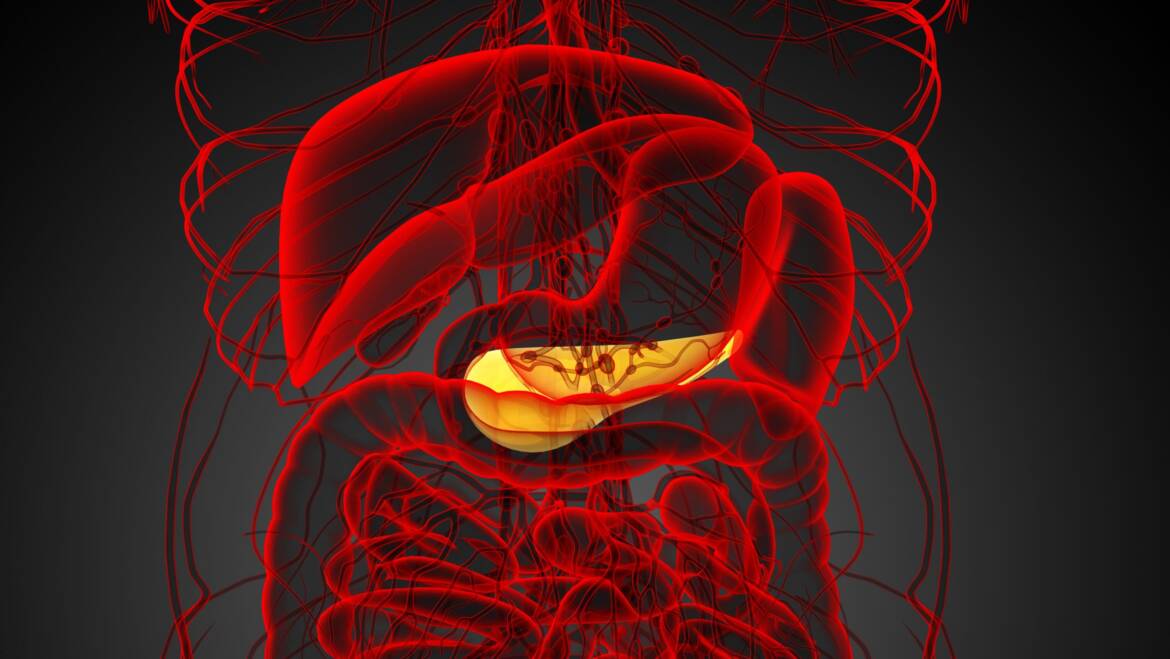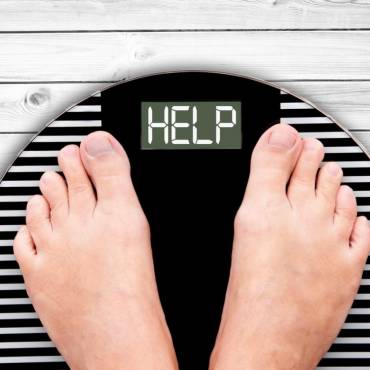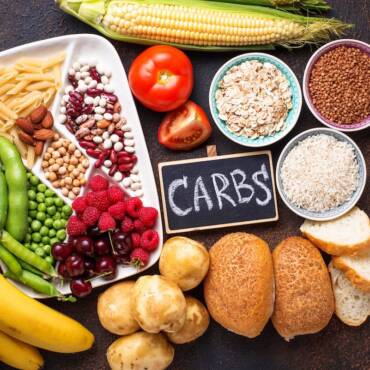Insulin Resistance
Resist the Urge to Listen to Influencers
The Rundown
My buddy insulin gets a bad rap…because he can be the bad guy…sometimes. But other times, he’s the hero we didn’t know we needed! All cells of your body need energy, and insulin acts as the gate-key to entry into these cells. Through the actions of insulin, glucose can leave your blood stream and pass into cells to meet these energy needs.
Insulin performs many beneficial functions: it helps regulate (lowers) blood glucose levels, triggers glucose uptake into cells, enhances skeletal muscle protein synthesis, improves wound healing, enhances the immune system, balances micronutrient levels during the fed state, and much more.1 And approximately 70% of glucose from whole-body glucose uptake is used by skeletal muscle while most of the remainder is used by the liver through an insulin-dependent mechanism.2
Both epidemiological and experimental observations indicate that people with type 2 diabetes are associated with poor muscle strength and function, largely because an impaired insulin response prevents the shuttling of blood glucose into skeletal muscle tissue.2
The benefits of proper blood-glucose regulation (and insulin function) are paramount to total health and performance.

Join the Resistance?
Insulin resistance is the state where cells in your muscle, body fat, and liver don’t respond as they should to insulin. As a result, your pancreas makes more insulin to try to overcome your increasing blood glucose levels.
It is primarily caused by excess body fat and lack of physical activity. Excess body fat leads to increased systemic inflammation which, in turn, leads to worsening insulin resistance.
It’s a nasty spiral when not corrected.
If your pancreas can keep up with this demand, your blood glucose levels will stay in a healthy range, if it can’t then blood glucose elevates. Left unchecked, metabolic dysfunction such as prediabetes/diabetes will eventually set in.
Doom and Gloom
So, insulin resistance is all bad? Well, it’s not a good sign. But there is hope.
Insulin resistance is important in various states such as starvation, immune activation, growth and cancer, to spare glucose for different biosynthetic purposes such as the production of NADPH, nucleotides in the pentose phosphate pathway, and oxaloacetate for anaplerosis.7 Phew, that was a mouthful! I promise I’ll reign in the “nerd” from here on out.
Insulin resistance may even be a biological mechanism to prevent excess weight gain, at least initially.4 It has been associated with a greater likelihood of weight loss and lower rates of weight gain, and may enhance weight loss results in those implementing an exercise regimen.5,6
As I mentioned earlier, this is the stage before true metabolic pathology; your body is trying to protect you…until it can’t.

Hope (I lied, one last nerd reference)
Just because you suspect you have insulin resistance doesn’t mean you are somehow at a disadvantage on a fat loss journey or have to cut out all carbs. Weight loss is still driven by energy balance.
Higher insulin levels can inhibit the breakdown of body fat, particularly when you are in a calorie surplus.24 However, a calorie deficit trumps insulin levels when it comes to fat mobilization. Even in the presence of elevated insulin levels (or with insulin resistance in play), an energy deficit takes priority and allows fat loss.
Internet con artists will often point to research such as Ebbeling 2007 to suggest greater weight loss in insulin resistant participants is found in low-glycemic diets compared to low-fat diets.8
This type of research can be confusing because the participants’ diets were not strictly controlled and the low-glycemic group tended to replace highly processed grains with nuts, seeds, non-starchy vegetables, and legumes. Unsurprisingly, diets that are lower in refined grains may simply allow some people to control overall calorie intake naturally by emphasizing high-fiber, satiating foods.
When a calorie deficit is maintained, the ability to lose weight does not seem to vary in obese, healthy people regardless of insulin resistance.9,25,26 Even those suffering from a condition such as PCOS (which is known for increased levels of insulin resistance) do not appear to experience impaired weight loss compared to healthy controls when nutrition is controlled.10
Put on the same diet, women with and without PCOS lose the same amount.11 The issues with PCOS are some of the other aspects surrounding it. PCOS women show poorer adherence and dropout rates (~50% vs. ~30% in women without PCOS). This is likely due to anxiety, depression, poor appetite regulation, binge eating, body image issues, and other unique challenges they face.9
You can succeed with the right plan.

Solutions
Let’s do something about this.
Lifestyle change is the key to reversing insulin resistance and there are a variety of strategies that will help:
- Lose excess body fat (proper nutrition is a must).12,22,23
- Exercise.13,14,22,23
- Quit smoking.15
- Consume adequate Omega-3’s (2-5g of EPA+DHA daily).16
- Consider a Magnesium supplement.17-19
- Manage stress.20
- Improve your sleep.21
If you want the best results, it’s smart to include all of these in a wholistic approach to a healthy lifestyle. But if that feels overwhelming, consider adding them in stepwise, as you are able.
Small steps lead to large improvements over time.
Wrap it up
Moral of the story: there is no reason to worry that insulin resistance is preventing you from losing fat. It can’t. An energy deficit will always prevail.
Focus on proper nutrition, maintaining a calorie deficit to lose excess body fat, promote restful sleep, and stay active!
If you do these, your health will improve and your body will thank you.
-Dr. Allan

Citations
- PMID: 34203830
- doi: 10.1152/ajpendo.1988.255.6.E769
- doi: 10.2337/dc09-0264
- PMID: 1360570
- PMID: 2056116
- PMID: 21466903
- doi.org/10.1016/j.clnu.2012.05.011
- PMID: 17507345
- PMID: 10022419
- PMID: 28885578
- PMID: 34814919
- https://diabetes.org/health-wellness/insulin-resistance
- PMID: 32342455
- DOI: 10.1249/MSS.0000000000001579
- PMID: 25620470
- PMID: 29538286
- PMID: 35209140
- PMID: 34956436
- PMID: 28526383
- PMID: 26830350
- PMID: 29510179
- https://www.niddk.nih.gov/health-information/diabetes/overview/what-is-diabetes/prediabetes-insulin-resistance
- https://www.cdc.gov/diabetes/about/insulin-resistance-type-2-diabetes.html
- PMID: 226442
- PMID: 15015137
- PMID: 17023708







1 Comment
Comments are closed.